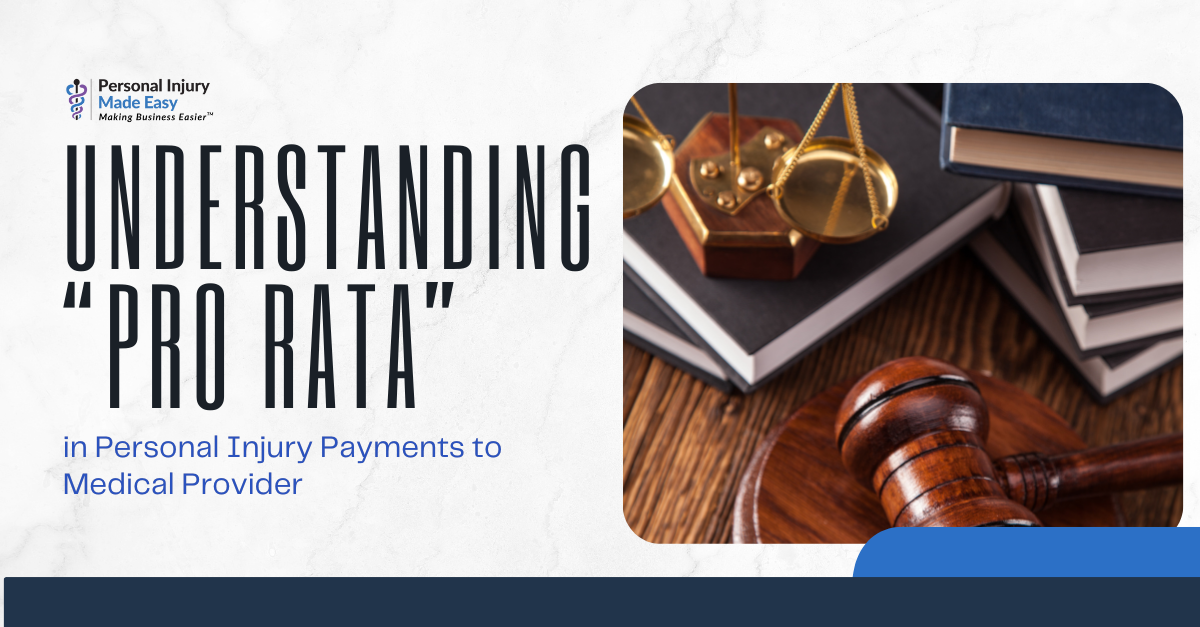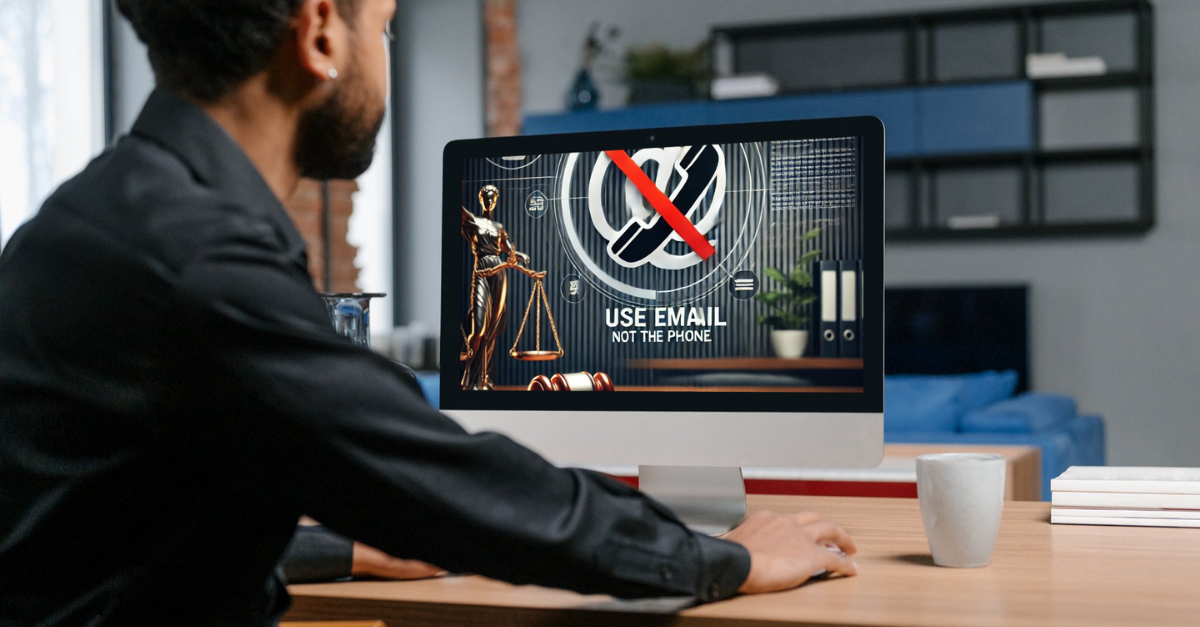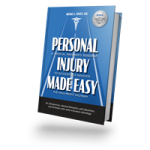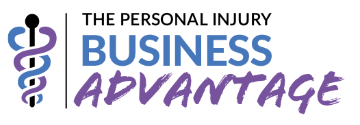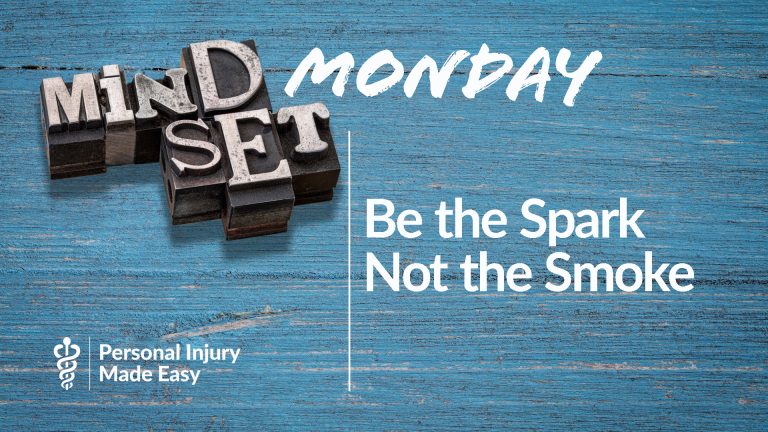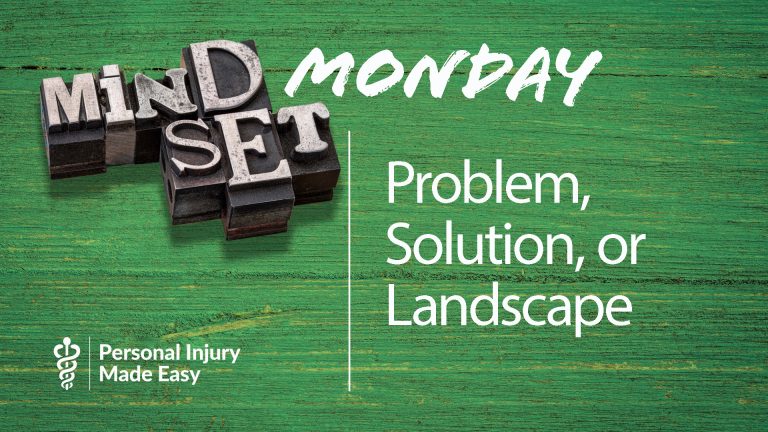
Personal Injury: Why Some DCs Succeed … and Some Don’t!
Too many chiropractors settle for mere 50 percent payouts on personal injury bills, resigned to being used and abused by attorneys who know how to hack the system. But the truth is, you could be getting paid 100 percent of your bill on 80 percent of your personal injury cases.
Sure, some personal injury cases are lemons, but even on those cases you can often collect more than 50 percent. So how can you go from exploitation to domination? The success disparity among PI Chiropractors boils down to five critical factors:
- Knowledge
- Strategies and Tactics
- Tools
- Staff uplift
- Coaching
Knowledge
There are a lot of great attorneys out there, but there are also more than a few who will take advantage of chiropractors who do not know the laws.
By understanding the laws of personal injury and medical liens, and by compelling transparency with respect to intended settlement disbursement specifics, you will much more easily spot the unscrupulous attorneys and put an end to their attempts to deceive you.
Here are a handful of the many ways you can educate yourself and boost the personal injury segment of your business:
- Know the basic medical lien laws in your state. In almost all fifty states, you are owed the full amount of your bill regardless of the outcome of the case. This is even true in “common fund” states. In these states, the law dictates how much of the settlement or award goes to the providers, but the patient still owes money out of pocket after case monies have been dispersed.
Attorneys will have you believe otherwise. They want their clients to be happy—meaning they do not want your patients to have to pay out of pocket—so if they settle for less than enough to cover all medical bills, they will try to trick you into thinking you must agree to what they offer as “full and final satisfaction.”Most of the time, you don’t have to agree to that reduction. And beyond that, the attorneys could be liable if they deceive you or your patient (their client) along the way.
- Understand the No Surprises Act, or NSA. This new federal mandate requires a good faith estimate for all patients who are paying out of pocket, in advance of care. There are some technicalities here, so read up on this law.
For now, know this: Your PI patients might very well need to pay out of pocket. If you do not provide a good faith estimate, their attorneys could use this lack of compliance to force your hand and settle. Or the patient could dispute your bill on the grounds of an NSA infraction. If the patient timely initiates a qualifying dispute and is successful, the patient could get out of paying you, even where the PI insurer has included your bill in the settlement payout; or worse, having to pay back what you were paid and with interest!
The long and short of it is this: Comply with the NSA, even if you don’t think it applies to you. The risk is simply too great. (And come the 2024 Presidential debates, it will get even riskier as this relatively new law becomes a talking point, and patients get savvier.)
Strategies and Tactics
As a general concept, we suggest using early strategies and tactics that prevent
problems down the road, such as:
- Setting reasonable fees and providing justification for these fees. Nothing will come under more scrutiny in personal injury cases than the reasonableness of your fees and charges. The attacks will start with the insurance adjuster (the defense) and might continue to your patient’s own attorney (read the second bullet point.) You will better protect yourself from these attacks if you establish the reasonableness of your fees from the outset. Various sources can help you establish what “reasonable fees” are, including UCR (Usual, Customary, Reasonable) publications and online resources such as FAIR Health Consumer (www.fairhealthconsumer.org).
- Send to the patient attorney a spreadsheet of your fees as compared to UCR and FAIR Health averages. This will help the attorney defend your bill with adjusters who seek to lower your bill to lower settlement payouts.
- Sending monthly interim bill statements during treatment to both the attorney and the patient. The NSA makes it particularly important to send timely statements to the patient, who has a 120-day deadline from receipt of a bill to file a dispute. And regardless of NSA implications, any post-settlement dispute about your charges can be defended if you send monthly statements: After all, if the patient or attorney had a good faith dispute during treatment, they would have brought it up then—not when the case is done and it is time to pay up.
- Collecting any MedPay or PIP payment immediately. The rule with MedPay and PIP is this: First to claim is the first to be paid. If your patient has medical expense coverage (Med Pay) or personal injury protection (PIP) in their insurance coverage, this auto-policy benefit is intended to cover medical bills. And since it is no-fault coverage, it can go directly toward your bill regardless of who is at fault for the accident, reducing the amount that is outstanding and establishing the propriety of your bill for use by the attorney in settlement.
Tools
Your best tool in personal injury is a comprehensive, rock-solid lien agreement that has been explained to the patient and signed by you, the patient, and every attorney who works on the case. A lien is a legal contract, so it is the language that attorneys understand and speak.
If you want to access to the most protective lien and LOP in the country, along with other forms and tools that best position and protect your payment rights, contact us. In the meantime, here are a few things that should be in your lien:
- Unless your state law holds otherwise, explain that the patient owes the full amount of the bill regardless of the outcome of the case with language similar to this: “The patient owes the balance of the medical bills
regardless of the case outcome.” If you are in a letter of protection (LOP) state, you should still have the patient sign the lien. - Include a provision stating that the attorney has a fiduciary responsibility to you and must therefore protect your financial interest, as well as their own client, when receiving any monies. Use language such as: Attorney has a fiduciary duty to medical provider to protect medical provider’s interest in any monies recovered.
- Ensure the current attorney has signed that lien. If you are in an LOP state, convert the lien to letter form and present it to the attorney to sign.
- Require the attorney to list all the settlement details in writing, including a full written accounting of all monies received or potentially to still be received, and who is to get paid what from those funds. The information in the settlement details often reveals leverage you can use to get paid much more on your bill.
- Explain that lien reduction requests must be made in writing and clarify that you consider reductions on a case-by-case basis, and only with cooperative counsel and patients. The reasoning here is twofold: First, pre-treatment reduction agreements violate anti-kickback laws, and second, by controlling payment expectations upfront, you will minimize attack options down the road.
- Make any lien reduction agreements expressly contingent upon: 1) The patient not recovering more money later in the case, and 2) receipt of any agreed lien payment within a specific period of time.
Staff Uplift
Chances are that your office manager or key business staff member is the one assigned to deal with the law firms concerning your office’s bill. Point being, your staffer is likely the unlucky target of harassment and bullying by unscrupulous attorneys or their staff. You can support and protect them and your profits by:
- Having great tracking systems in place so that things don’t fall through the cracks along the way, so your staff know when to follow up, and so that they have all the information they need to feel confident when approaching an attorney. Give you staff great systems to track early detection of any red flags that warrant higher caution or attention.
- Training that staff to improve their skill level, and provide them with the knowledge, strategies, tactics, and tools that can make them more effective with even difficult law firms. The right training in the right processes with proven tools supported by the right coach (keep reading) will make their life (and yours) much easier, and your profits much greater.
Coaching
Sometimes, doing PI right feels complicated, but don’t mistake “feeling complicated” with “being complicated.” It only feels complicated because it is new to a healer who isn’t experienced with lawyers, who fight every day for a living. In truth, there are simple systems and proven processes for not only being profitable in PI but also experiencing accelerated growth.
Just like chiropractors needed coaches, mentors, and teachers to get through school, they can also use coaching to master (and simplify) the art of personal injury. Use all the coaches you can for the specific areas that will help you best, and not just for you as the business owner, but for your office manager and overall business team.
A big part of playing the PI game is putting in place processes that position and protect you to be paid most every time. Then, with improved efficiencies and greater profits, invest back into your business and your staff to scale and grow. The DCs that go after the knowledge, strategies, tactics, and tools, and who are supported by coaching, are the ones that knock PI out of the park and have thriving practices. The others merely survive.


